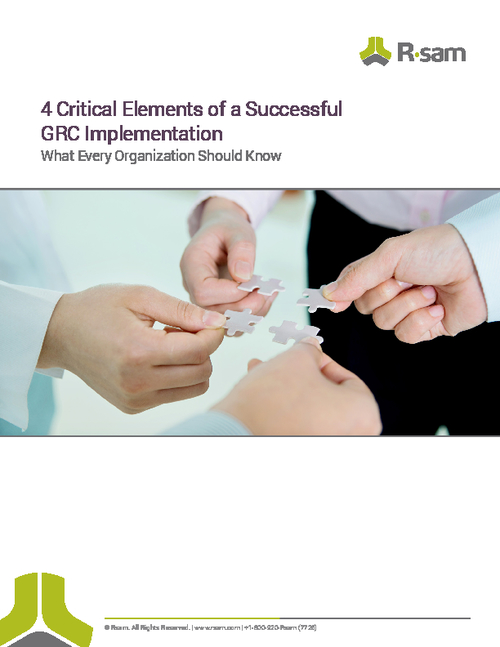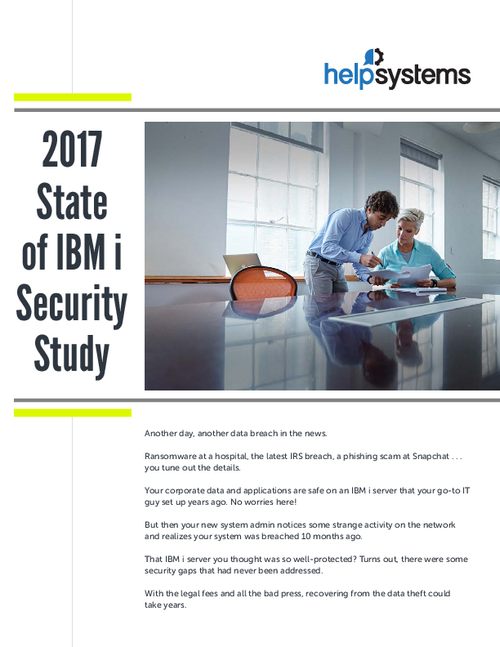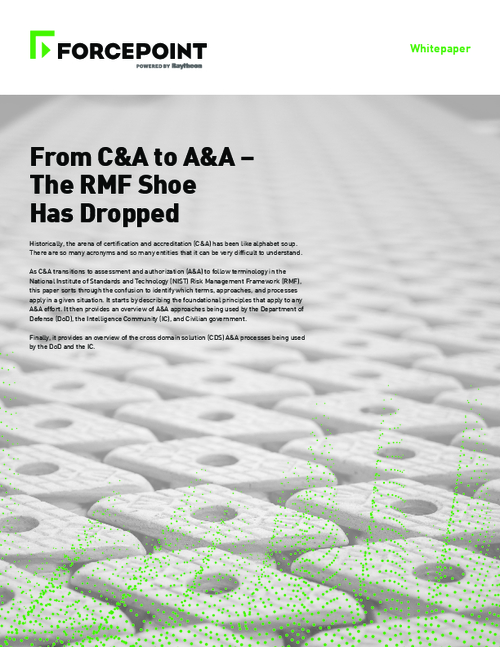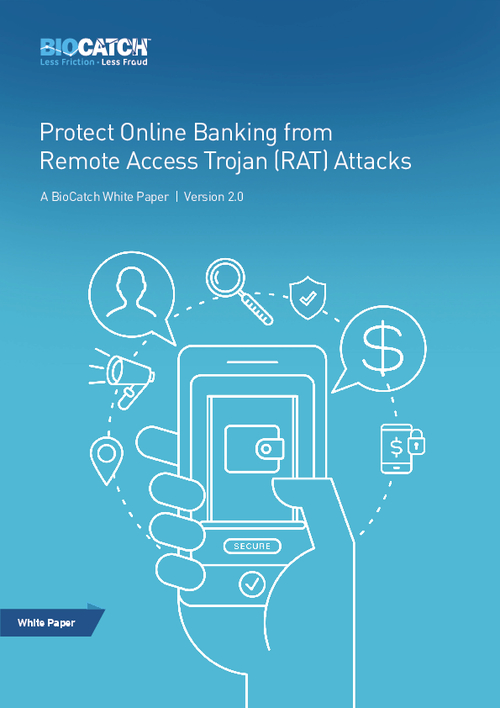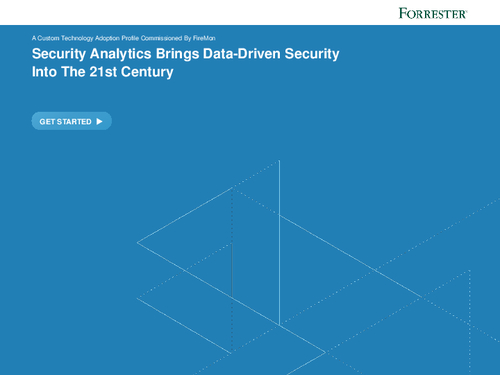Nov. 12 Update: Paulson Provides Update on Bank Bailouts
Worries over consumer spending, the ongoing mortgage crisis and the federal bailout are all top of mind for financial institutions on Thursday, as Wall Street heads toward a lower opening with the Dow down more than 150 points initially. Investors and economists remain stumped about how bad the global economic slump is, and worried that belt-tightening by consumers will drive the economy down even further.Treasury Secretary Henry Paulson says the $700 billion bailout won't be used to purchase troubled bank assets as the program started out to do. Now the new goal is to support financial markets and bolster consumer credit lending in areas including credit card debt, auto loans and student loans. With 40 percent of U.S. consumer credit provided by selling packaged securities backed by these types of debt, the markets are drowning and need support. This move is a big shift away from what the governemtn set out to do, but Paulson says this move is needed. "This market, which is vital for lending and growth, has for all practical purposed ground to a halt," Paulson said in Wednesday's press conference.
On Monday, American Express applied to convert to a bank holding company, making it eligible to receive $3.5 billion of the $250 billion earmarked for banks.
The upcoming G-20 summit in Washington on Saturday will address the growing sense of crisis across all countries, as global consumer confidence and spending have hit record lows. This is especially troubling for the U.S,. where the big drop in consumer spending is a major concern because it is the engine that runs about two-thirds of the country's economy.
Mortgage Relief
On Tuesday, the Federal Housing Finance Agency (FHFA) says it will begin a new loan modification program with Fannie Mae and Freddie Mac, the largest U.S. mortgage-finance companies, to staunch the flood of foreclosures sweeping the country. Foreclosures have increased almost 150 percent over the past two years, says James Lockhart, director of the FHFA.
Fannie and Freddie, operating under FHFA's conservatorship will focus on getting homeowners into long-term sustainable mortgages. The protocol will start on loans where borrowers are 90 days behind with high loan-to-income ratios. This initiative, led by the Treasury, expands on Hope Now Alliance's program, which was started last year by the Treasury to include a group of investors, advocacy groups, mortgage lenders and servicers Citigroup and Wells Fargo.
Citi Seeks Suitor?
Citigroup is in talks to acquire a regional bank to boost the bank's presence in established regions, including the Northeast, California and Texas, according to news reports. While reports did not name a bank, suspected targets of Citigroup's acquisition team include SunTrust Banks, Regions Financial, BB & T, Fifth Third or KeyCorp. Citigroup's failed acquisition of Wachovia, which was bought by Wells Fargo, is seen now as a driving factor in its game of catch up. Citigroup's $780 billion in deposits include only $244 billion in the U.S. Compare this to JPMorgan Chase with $649 billion (includes WaMu), Wells Fargo-Wachovia's $711 billion and Bank of America's $720 billion.


